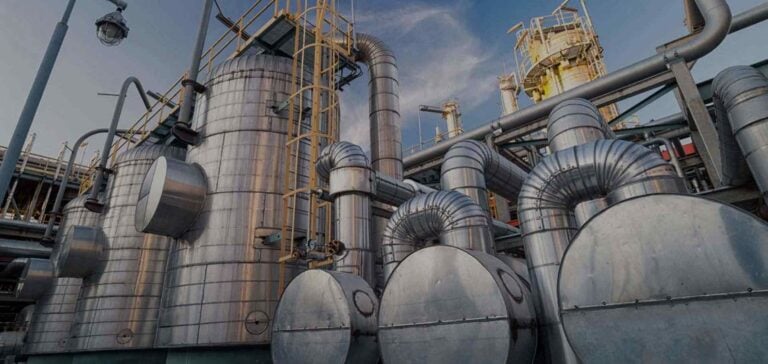Green hydrogen production in Africa for export to Europe may turn out to be significantly more expensive than expected, according to a report published on June 2 by the Technical University of Munich, the University of Oxford and the Swiss Federal Institute of Technology Zurich. The researchers indicate that only 2.1% of the 10,300 sites analysed across 31 African countries would meet competitiveness thresholds, even with fixed-price and offtake guarantees from European governments.
A methodology adjusted to local specificities
The study is based on a new method of calculating the financing cost of hydrogen production plants, accounting for local investment environments, national interest rates, and logistical and political constraints specific to each country. Unlike standard models, which apply a uniform financing cost between 4% and 8%, the researchers estimate the cost of capital could reach up to 27% in certain African countries.
The analyses are based on the assumption that hydrogen will be converted into ammonia and exported by sea to the port of Rotterdam by 2030. Four scenarios were studied, combining different levels of interest rates and investment risk exposure borne either by European governments or private operators.
Costs above European benchmarks
According to the data, the minimum production costs in African countries would range between €3.2 and €4.9 per kilogram of green hydrogen, depending on financing conditions and political commitments. By comparison, a 2024 auction by the European Hydrogen Bank yielded winning bids below €3/kg for projects located in Europe.
Even under the most favourable scenario, only 214 sites located in Algeria, Kenya, Mauritania, Morocco, Namibia and Sudan could reach the €3/kg threshold, representing just 2.1% of the sites studied. The report notes, however, that this figure only accounts for national-level security risks, while many otherwise viable sites are situated in unstable regions.
Political conditions key to project viability
The researchers argue that solid political guarantees are necessary to make these projects viable, including fixed-price purchase agreements and mechanisms to hedge against payment default risks. These measures could be supported by international financial institutions such as the World Bank.
The European Union plans to import up to 10 megatonnes of green hydrogen by 2030, with partnerships already signed with Namibia, Egypt and Mauritania. However, according to the report’s authors, without substantial political intervention, African projects are unlikely to meet the targeted competitiveness thresholds.






















